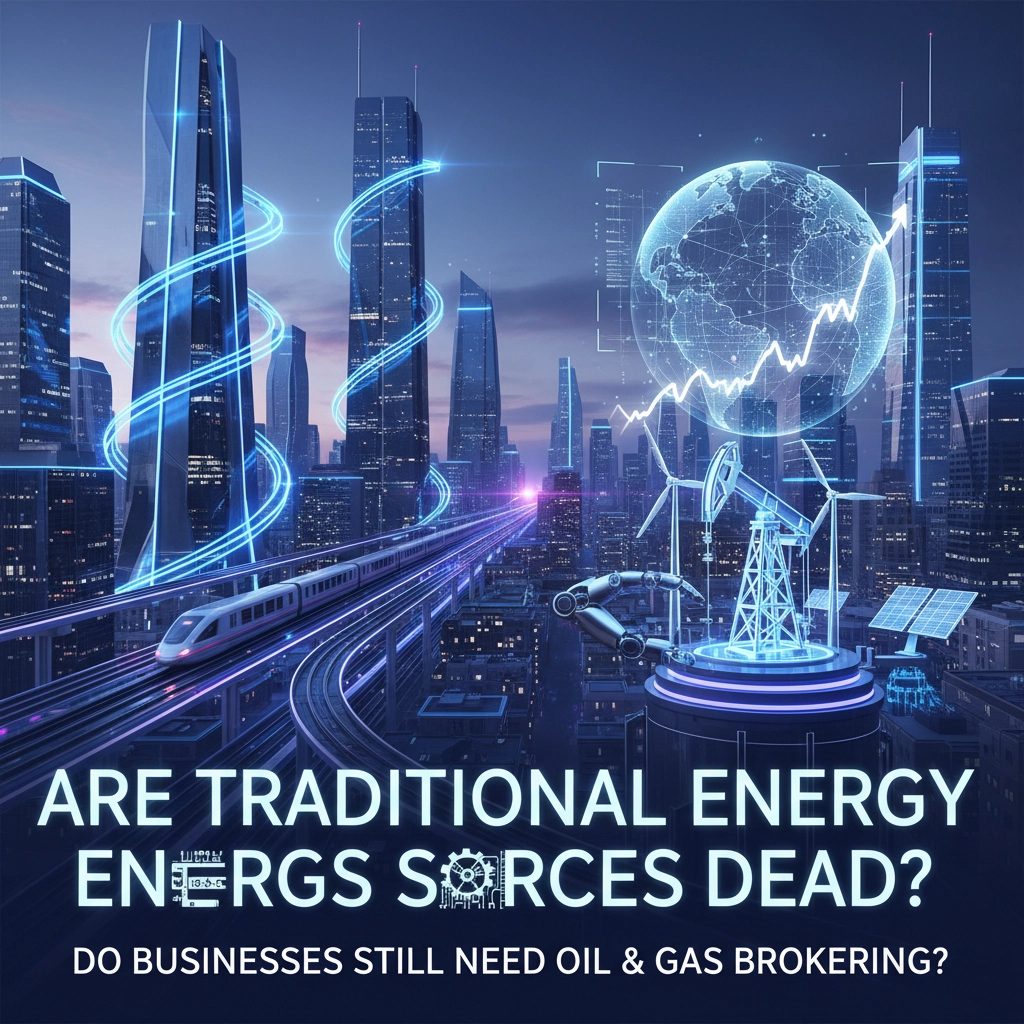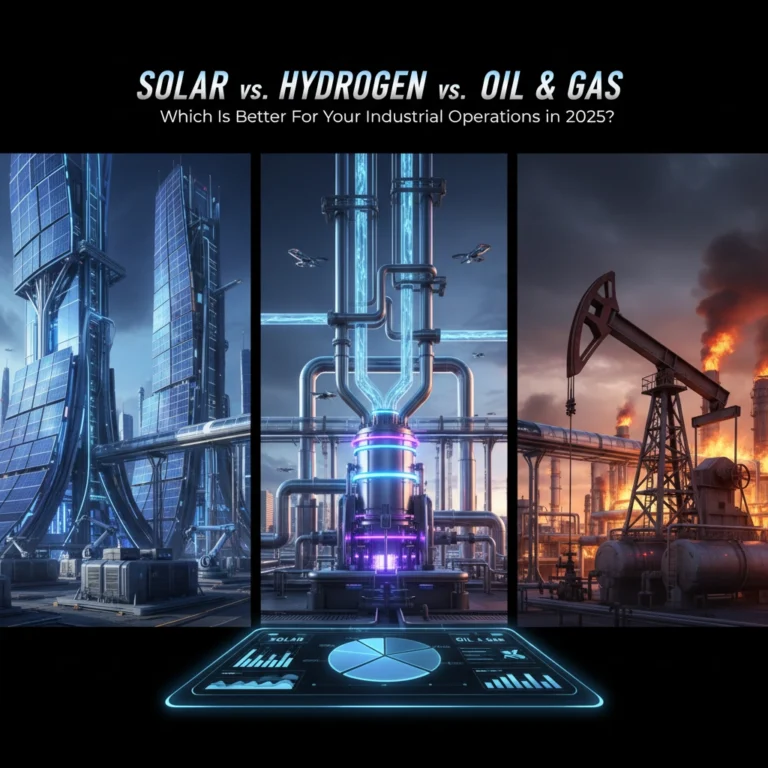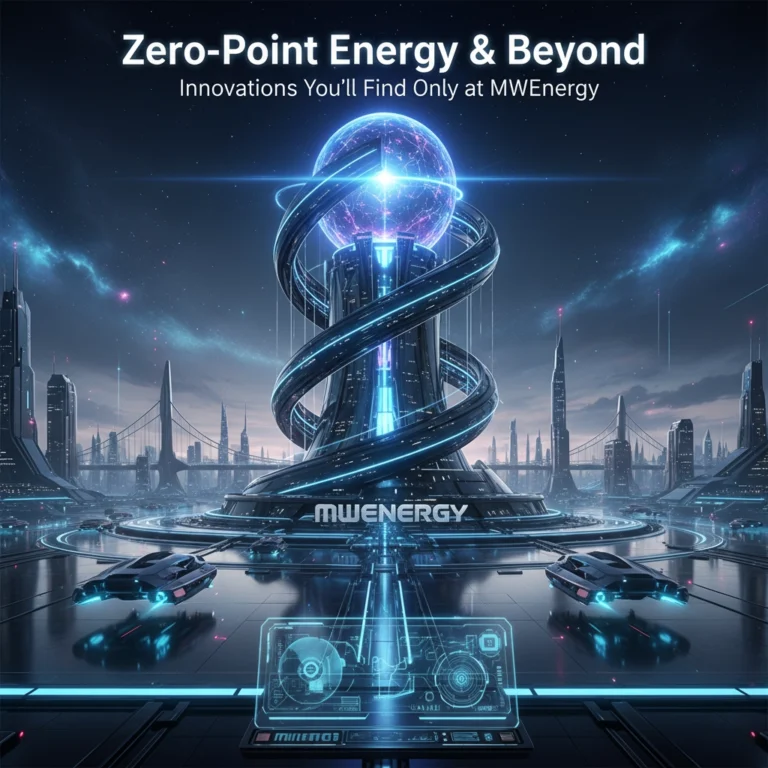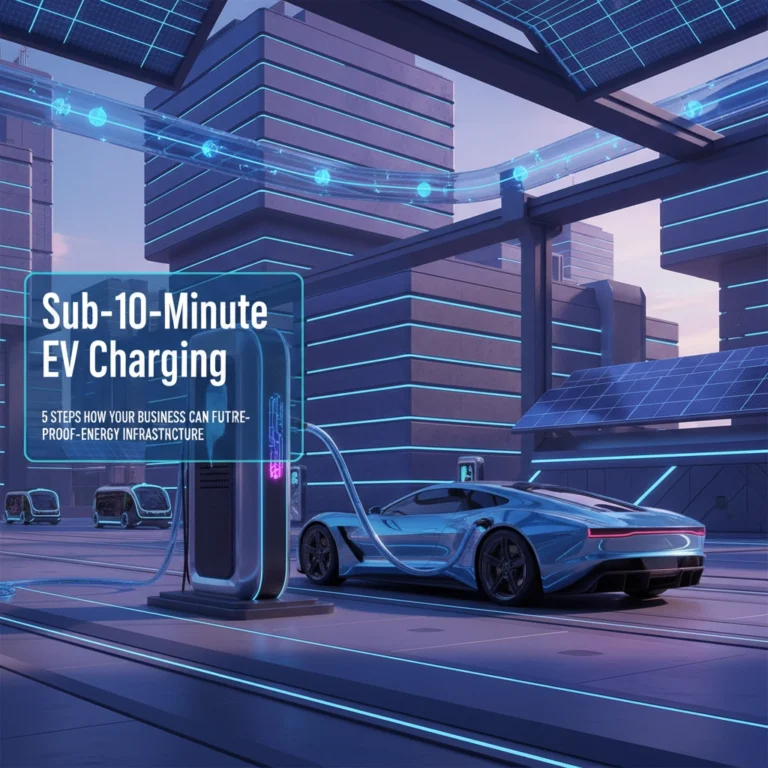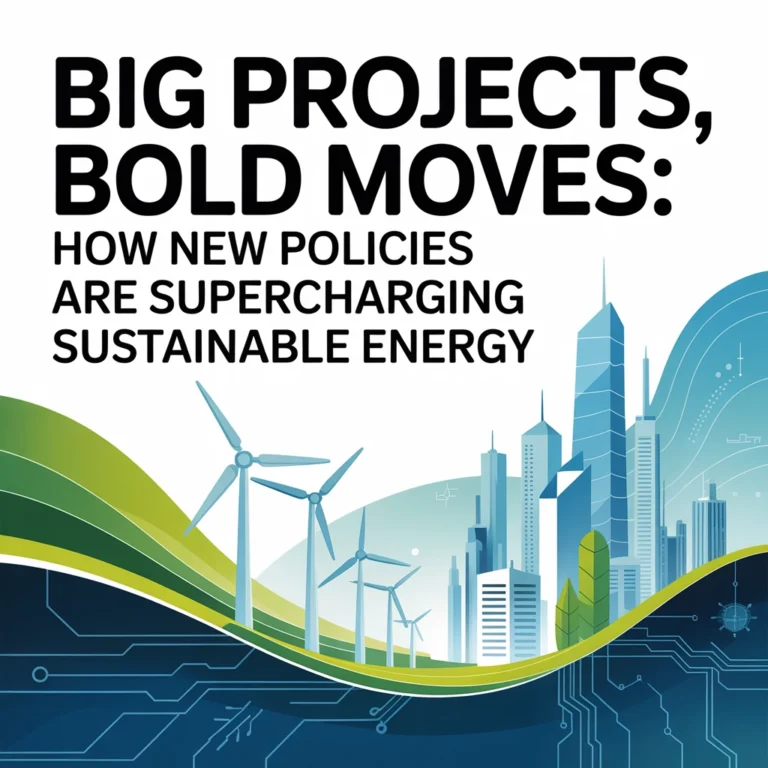Are Traditional Energy Sources Dead? Do Businesses Still Need Oil & Gas Brokering?
The short answer? No, traditional energy sources aren't dead. And yes, businesses absolutely still need oil & gas brokering services. In fact, if you've been wondering whether to ditch your energy broker or pivot entirely to renewables, you might want to pump the brakes.
Here's what's actually happening in the energy world right now: and why smart business leaders are taking a more balanced approach to their energy strategy.
The Great Energy Reality Check of 2024
Something big shifted in 2024. The energy sector moved past the "renewables-or-bust" mentality that dominated the previous few years. Instead of obsessing purely over climate goals, the industry refocused on what businesses actually need: reliable, affordable energy that won't leave you scrambling during peak demand.
This isn't about being anti-environment. It's about being pro-reality. Companies discovered that having a backup plan isn't just smart: it's essential for staying competitive.
The world still runs on traditional energy sources for a simple reason: they work. Oil and gas provide the stability and scalability that keep supply chains moving and facilities running 24/7.
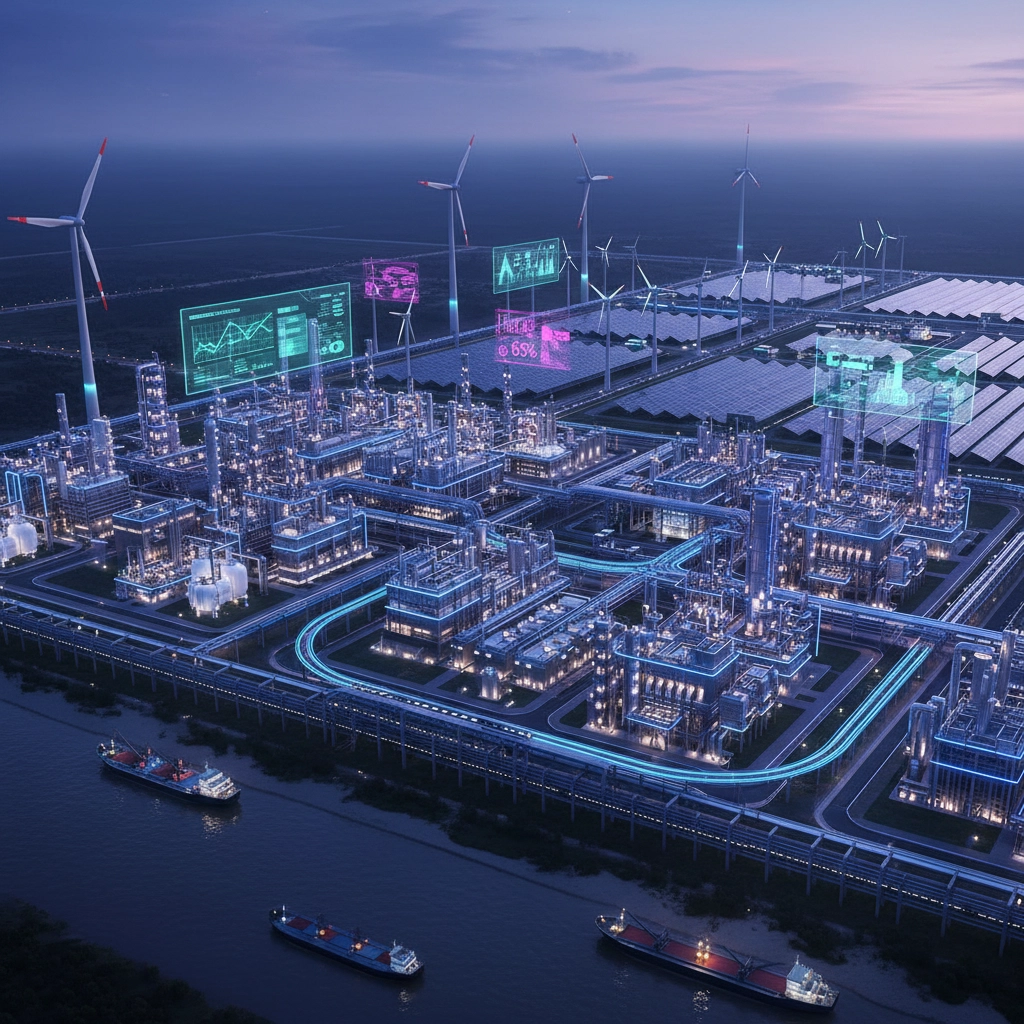
Why Traditional Energy Sources Aren't Going Anywhere
Let's talk numbers. Fossil fuels are projected to make up a significant chunk of the global energy mix through 2050. That's not a prediction: it's based on current infrastructure, economic realities, and the sheer scale of global energy demand.
Consider this: electricity generation alone is expected to jump 50% in the United States by 2050. We're talking about going from roughly 4,000 terawatt-hours to 6,000 terawatt-hours. Even with renewable sources expanding rapidly, that's a massive energy gap that traditional sources will need to help fill.
The Infrastructure Reality
Traditional energy companies aren't dinosaurs waiting to go extinct. They have something most renewable startups don't: proven global scale, massive balance sheets, established customer relationships, and decades of risk management expertise.
These companies are adapting, not disappearing. Many are integrating renewable technologies into their existing operations: like adding solar panels to offshore platforms or wind turbines at refineries: while maintaining their core oil and gas operations.
Natural gas generation, for instance, is expected to remain substantial even as it gradually declines over time. Some projections show it stabilizing around 1,000 terawatt-hours from 2040 onwards. That's not disappearing: that's evolving.
The Business Case for Oil & Gas Brokering
Here's where things get practical. Even if you're bullish on renewables, you probably still need traditional energy sources for several critical areas:
Transportation and Logistics
Despite the electric vehicle boom, the vast majority of global transportation still runs on petroleum products. Your supply chain, delivery trucks, and business travel likely depend on oil-based fuels. The electrification timeline is measured in decades, not years.
Industrial Processes
If you're in manufacturing, you know this already. Many industrial operations need natural gas and petroleum products not just for energy, but as raw materials for chemical processes, plastics production, and other manufacturing inputs.

Reliable Backup Power
Renewables are great when the sun shines and the wind blows. But what happens during peak demand periods, extreme weather, or grid instability? Natural gas provides the reliable baseload power and backup capacity that keeps your operations running when renewable sources can't deliver.
Cost Management
This is where oil & gas brokering becomes crucial. Energy markets are getting more complex, not simpler. You've got multiple energy sources competing and complementing each other, creating price volatility that can make or break your quarterly budget.
A skilled energy broker helps you:
- Navigate pricing fluctuations across different energy sources
- Secure favorable long-term contracts
- Balance traditional and renewable energy purchases
- Manage risk across your entire energy portfolio
The Smart Business Energy Strategy for 2025
The most successful companies aren't choosing between traditional and renewable energy: they're using both strategically.
Diversification is Key
Just like you wouldn't put all your money in one stock, you shouldn't put all your energy needs in one source. Smart businesses are building diversified energy portfolios that include:
- Long-term natural gas contracts for baseline needs
- Solar or wind for daytime operations where feasible
- Oil and gas backup systems for critical operations
- Flexible brokering arrangements that can adapt to market conditions

Focus on Reliability First
The energy sector's current approach prioritizes reliability, affordability, and energy security first. Environmental goals are still important, but they're balanced against operational realities.
This means businesses are making energy decisions based on:
- Reliability: Will this energy source be available when we need it?
- Affordability: Can we maintain competitive pricing with this energy mix?
- Security: Are we too dependent on any single source or supplier?
The Role of Professional Brokering
With energy markets becoming more complex, professional oil & gas brokering services are more valuable than ever. Here's what experienced brokers bring to the table:
Market Intelligence: They track pricing trends across multiple energy sources and can spot opportunities for cost savings or risk mitigation.
Contract Negotiation: Energy contracts are complex. A good broker knows the fine print and can negotiate terms that protect your business during market volatility.
Risk Management: They help you balance fixed and variable pricing, hedge against price spikes, and maintain supply security.
Compliance Expertise: Energy regulations are constantly evolving. Brokers stay on top of regulatory changes that could impact your operations or costs.
What This Means for Your Business in 2025
If you're making energy decisions for your company, here are the key takeaways:
Don't abandon traditional energy sources yet. The transition to renewables is happening, but it's gradual. Businesses that completely pivot away from oil and gas might find themselves at a competitive disadvantage when energy costs spike or renewable sources can't meet demand.
Think portfolio, not purity. The most resilient energy strategies combine traditional and renewable sources. Use renewables where they make economic sense, but maintain traditional energy options for reliability and backup power.
Professional brokering is worth the investment. As energy markets become more complex, the value of expert guidance increases. A good energy broker can save you far more in avoided costs and optimized contracts than their fees cost.
Plan for the long term. Energy infrastructure decisions have decade-long consequences. Make sure your energy strategy can adapt as technology and markets evolve, rather than betting everything on one approach.

The Bottom Line
Traditional energy sources aren't dead: they're evolving. The companies that thrive in the coming years will be those that embrace a balanced, pragmatic approach to energy procurement rather than chasing energy fads or making all-or-nothing bets on unproven technologies.
Oil & gas brokering remains a critical business function because traditional energy sources remain critical to business operations. The question isn't whether you need these services: it's whether you're working with brokers who understand the changing energy landscape and can help you navigate both traditional and renewable options effectively.
The future of business energy isn't about choosing sides between old and new. It's about building resilient, cost-effective energy strategies that keep your business competitive no matter what the energy markets throw at you.
Ready to develop a smarter approach to your business energy strategy? Contact us to discuss how professional energy brokering can help you balance traditional and renewable sources for maximum reliability and cost-effectiveness.

